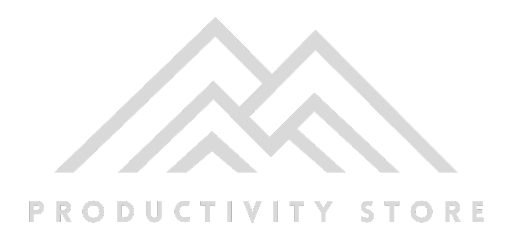Remember, productivity journaling is not one-size-fits-all. Experiment with different styles to find the one that suits your unique needs and preferences. Some options could include:
- Bullet Journaling: This method is known for its flexibility and simplicity. It uses bullets and symbols to organize tasks, events, and notes.
- Digital Journaling: If you're tech-savvy, consider using a digital journal. There are numerous apps and platforms available that offer a range of features such as reminders, tags, and templates.
- Visual Journaling: If you're a visual thinker, try incorporating diagrams, sketches, or mind maps into your journal. This can help clarify your thoughts and make your journal more engaging.
- Structured Journaling: If you prefer a more organized approach, a structured journal could be the way to go. These journals come with pre-designed layouts and prompts to guide your entries.
Productivity Journaling and Stress Management
Productivity journaling can also be an effective stress management tool. By organizing your thoughts and tasks, it can help reduce feelings of overwhelm and boost your confidence in handling responsibilities.
- Identify Stress Triggers: Use your journal to identify tasks or situations that cause you stress. Knowing your triggers can help you develop strategies to cope with them.
- Plan Relaxation Time: Just as you schedule your tasks, make sure to schedule time for relaxation and self-care. This can help keep stress levels in check.
- Reflect on Stressful Days: Use your journal to reflect on days when you felt particularly stressed. What went wrong? What could you have done differently? Reflection can provide valuable insights for future stress management.
Embracing the Journey of Productivity Journaling
Productivity journaling is more than a tool—it's a journey towards greater efficiency and success. It's about discovering your potential, embracing challenges, and continuously learning and growing.
So, embark on your productivity journaling journey today. Discover the power of focused intention, strategic planning, and reflective learning.























Leave a comment
All comments are moderated before being published.
This site is protected by hCaptcha and the hCaptcha Privacy Policy and Terms of Service apply.